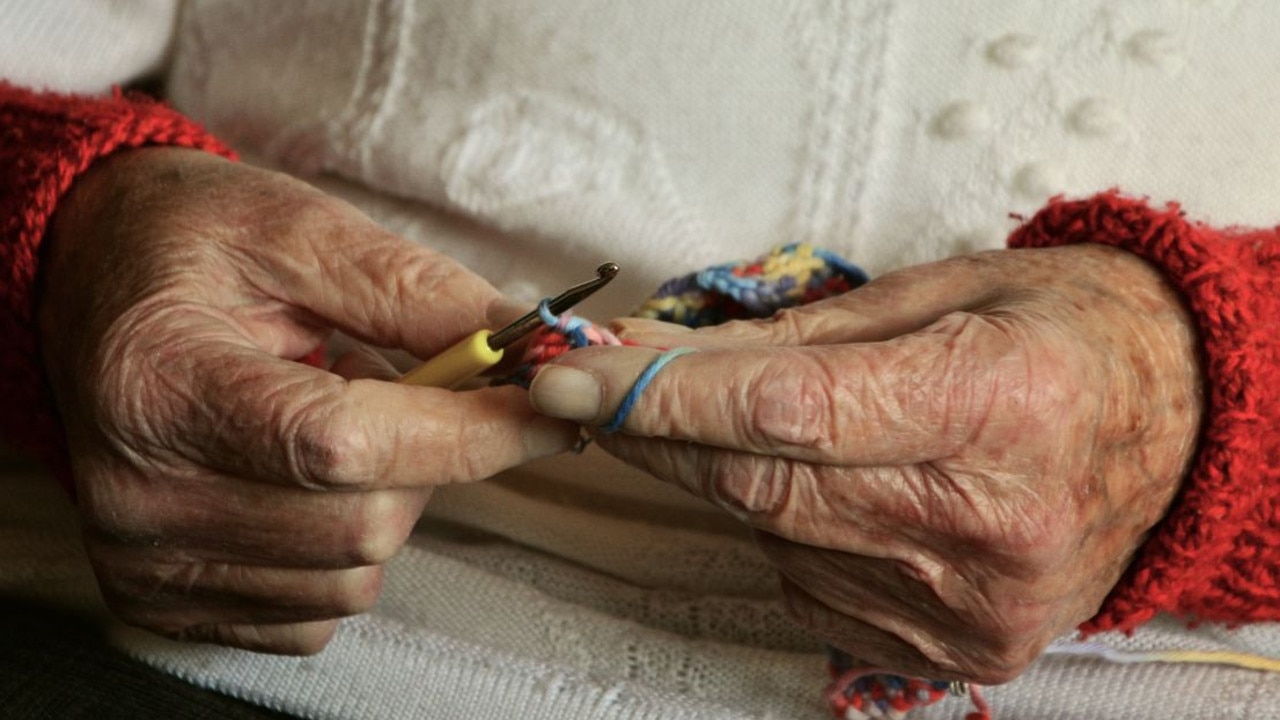[ad_1] The magic pill may have been uncovered by a team of researchers whose findings could pave the way for lifespans to be extended by up to 80 pe
[ad_1]
The magic pill may have been uncovered by a team of researchers whose findings could pave the way for lifespans to be extended by up to 80 per cent.
A team from the University of California San Diego’s research has suggested that human cells could be reprogrammed to an extent where their natural deterioration could be halted.
While the discovery was made on yeast cells, researchers suggest it could provide crucial insight into ageing in humans.
“Our work represents a proof-of-concept example, demonstrating the successful application of synthetic biology to reprogram the cellular ageing process,” Professor Nan Hao said.
“It may lay the foundation for designing synthetic gene circuits to effectively promote longevity in more complex organisms.”
The research used synthetic biology to engineer a way to keep cells from reaching normal levels of deterioration associated with ageing.
Cells in yeast, plants, animals and humans all contained gene regulatory circuits responsible for an array of physiological functions, including ageing.
“These gene circuits can operate like our home electric circuits that control devices like appliances and automobiles,” Professor Hao said.
The research group did however determine that all cells didn’t necessarily age in the same way or at the same time.
In the new study, they genetically rewired the circuit that controlled cell ageing and engineered a negative feedback loop – like a toggle switch – to halt the ageing process.
The rewired circuit then operated in a clocklike fashion and was called a gene oscillator, that caused the cell to routinely switch between two detrimental “aged” states to avoid extended time on either.
The oscillation would there slow the degeneration of the cell.
A new record was set for life extension through genetic and chemical interventions at the conclusion of the study.
“Our results establish a connection between gene network architecture and cellular longevity that could lead to rationally-designed gene circuits that slow ageing,” the researchers note in their study.
The research team studied Saccharomyces cerevisiae yeast cells as a model and developed and employed microfluidics and time-lapse microscopy to track the ageing processes.
Yeast cells that were synthetically rewired and aged under the direction of the synthetic oscillator resulted in an 82 per cent increase in lifespan compared with control cells that aged under normal circumstances.
The results revealed “the most pronounced lifespan extension in yeast that we have observed with genetic perturbations,” they noted.
“Our oscillator cells live longer than any of the longest-lived strains previously identified by unbiased genetic screens.”
[ad_2]
Source link



COMMENTS